#Common bottlenose dolphin
Explore tagged Tumblr posts
Text

Common bottlenose dolphin Tursiops truncatus
Observed by birderryan, CC BY-NC
#Tursiops truncatus#common bottlenose dolphin#Cetacea#Delphinidae#cetacean#dolphin#North America#United States#New Jersey#Atlantic Ocean#New York Bight
40 notes
·
View notes
Text
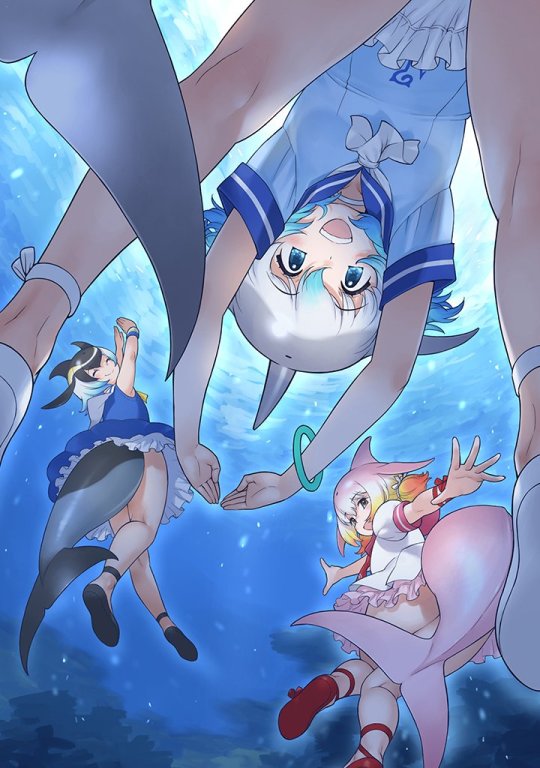
#mine yoshizaki#kemono friends#dolphin#common bottlenose dolphin#chinese white dolphin#common dolphin#けものフレンズ#illustration#art
41 notes
·
View notes
Photo


“Faces from the Black Sea”
A series of drawings I started in 2018 and, of course, never continued. The idea was to practice my pencil work through several photo studies of Black Sea bottlenose dolphins. They have the most beautiful faces and markings, so a lovely subject for a study series like this. Alas, something or another came along and it never got further than these two drawings. Even though they’re older works I still very much like them! And I hope you will, too.
The original photograph references are here and here.
#drawings#Common bottlenose dolphin#Black Sea bottlenose dolphin#Black Sea#bottlenose#dolphin#Tursiops truncatuc ponticus#Tursiops truncatus#Tursiops#traditional art
89 notes
·
View notes
Photo
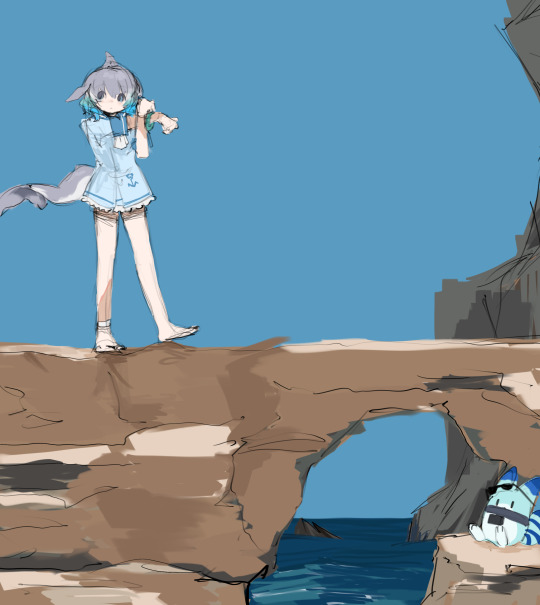
70 notes
·
View notes
Text
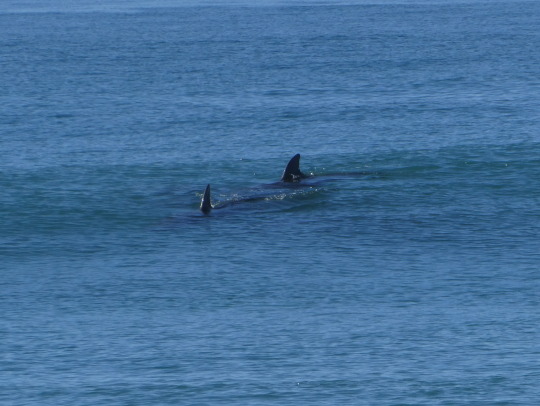
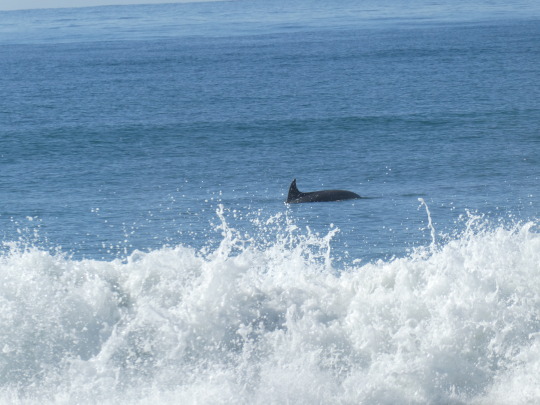
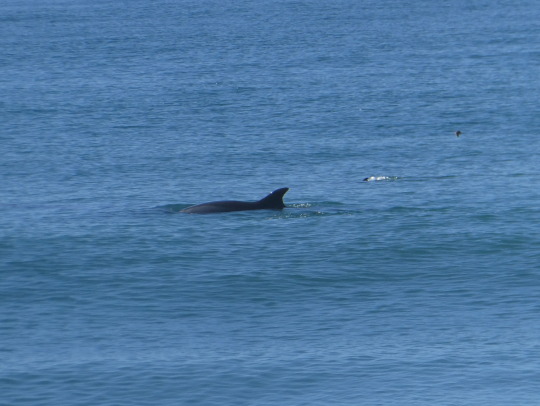
saw some mammals
6 notes
·
View notes
Text
Five years ago, Delle the bottlenose dolphin was spotted by himself in Denmark's Svendborgsund strait which is far outside the natural range for the dolphins.
Researchers dropped microphones into the strait to see how a lone dolphin was interacting with its environment. They didn't expect much but instead recorded over 10,800 noises over a period of three months. This included calls normally reserved for dolphins interacting with their pod, multiple unique personal calls when most dolphins only have one for themselves and aggressive response calls indicating an argument with other members of its pod.
Researchers think that Delle has been by himself for so long he's talking to himself.
#wildlife#animal behavior#animal intelligence#cetacean#dolphin#bottlenose dolphin#Common Bottlenose Dolphin#Delle the Dolphin#isolation#self-talk#Svendborgsund#Denmark
1 note
·
View note
Text

Walt Disney's White Wilderness: Animals of the Arctic. By Robert Louvain and the Staff of the Walt Disney Studio. 1958.
Internet Archive
#marine life#mammals#cetaceans#whales#right whales#sperm whales#blue whales#humpback whales#fin whales#gray whales#beaked whales#orcas#narwhals#belugas#porpoises#bottlenose dolphins#common dolphins
369 notes
·
View notes
Text
YEESSSSSS dolphin species appreciation is always welcome. I could add some more weirdos but frankly let me do a hot take here. Namely that Bottlenose dolphins do not deserve the "boring classic all grey dolphin" image. They are GORGEOUS in their own right.

Look at Kayena with her elegant face and thoughtful eyes and how the lines that run from it towards her melon turn into swirls like clouds only to emerge as lines again and that single spot that turned into a stripe.

Look at Ritiña with her dainty rostrum and how her lower eyestripe folds back on itself and wisps around the corner of her mouth and that little light line that runs to her ear.

Look at Roxette with her crazy swirls where the three colours grey of her side meet right by her belly.

Look at the sunburst markings on their shoulders, and how they shift between light and dark depending on the angle of the sun yet you can't feel them at all.


Look at Serena with the double lined markings on her throat, like curtains decorating a stage, or her mother Tela with a galaxy of spots scattered over a soft pink background.

Look at Tela.

Look at Caiyo. Look at this sparkling man and tell me he is not beautiful.
I think it's sad that most people always think of bottlenoses as the "classic dolphin" since its the one that's always used for shows, and always think of dolphins as just straight grey when in reality there's so many varieties with so many different amazing patterns
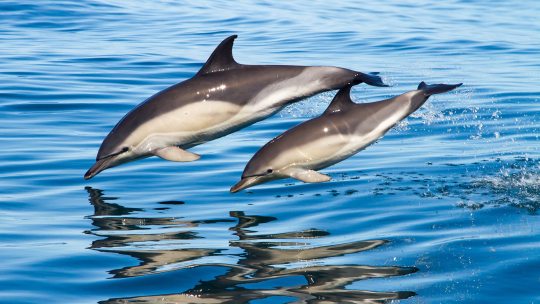
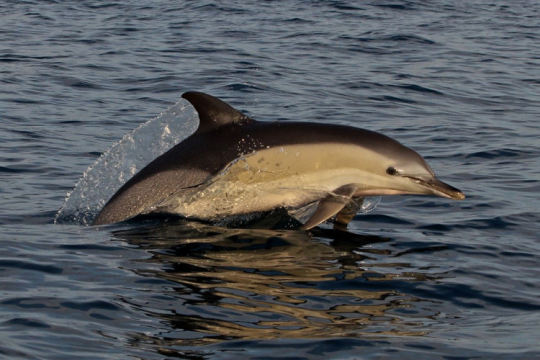
Look at the common dolphin! They have a gorgeous X pattern and even some dull yellow/gold!!
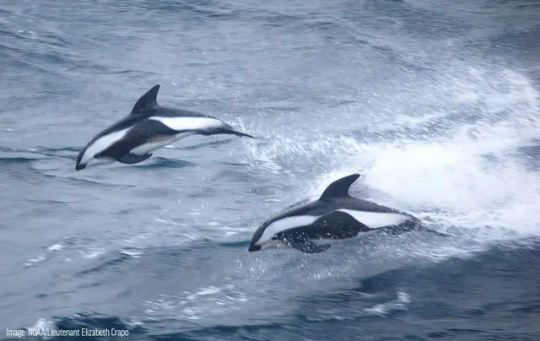
Hourglass dolphins have gorgeous white streaks
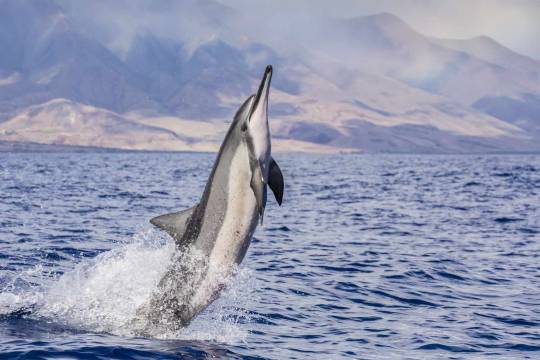
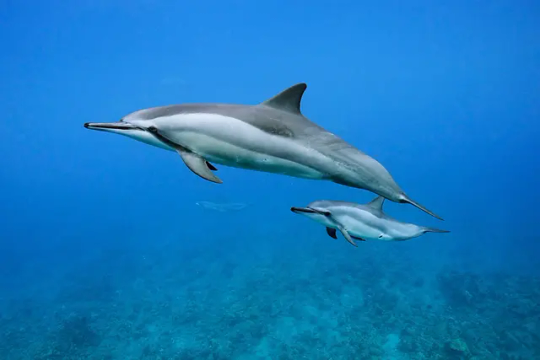
Spinner dolphins have really pretty banding as well, AND they have a really sleek cute silhouette!
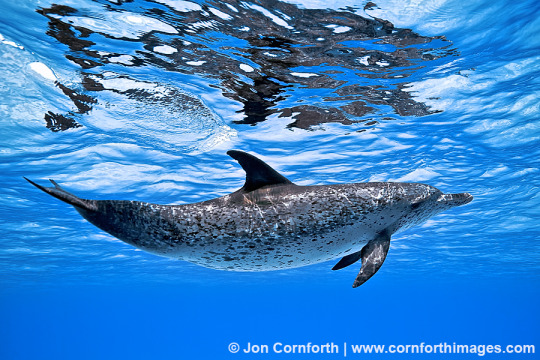
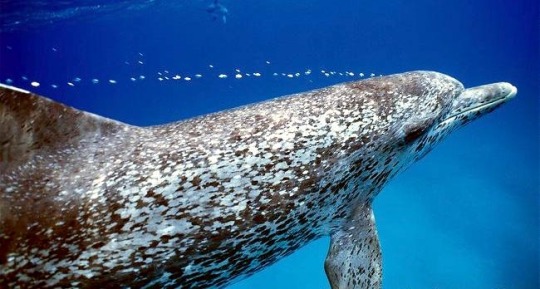
The atlantic spotted dolphin!!! Theyre spotted!!!!!!
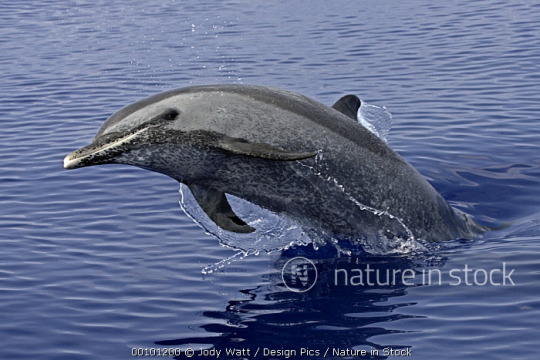
and the pantropical spotted too!!
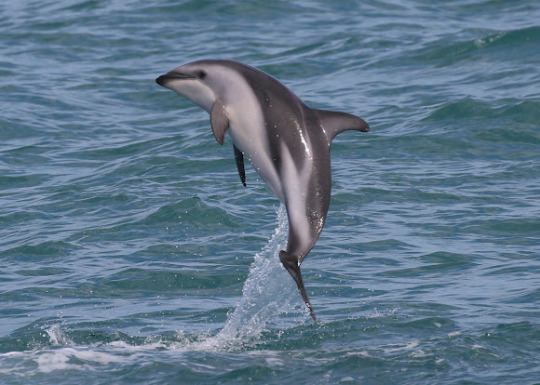
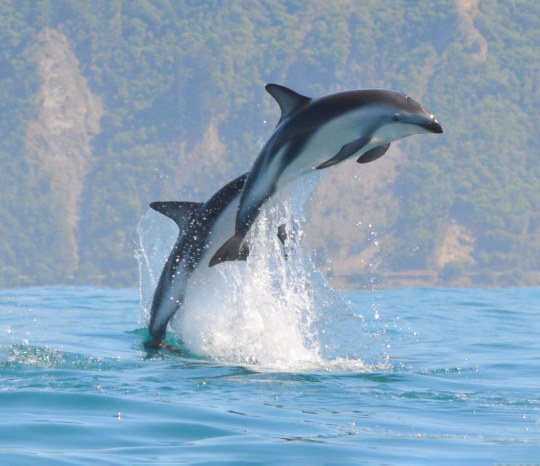
Dusky dolphins have a gorgeous airbrush look going on like straight out of a 2000s fantasy illustration
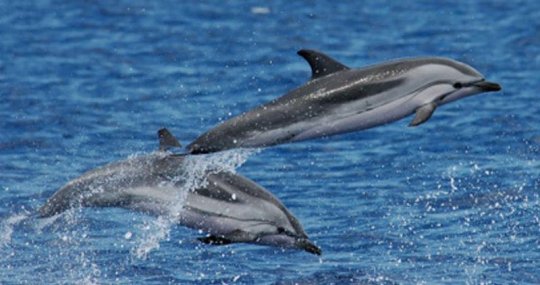
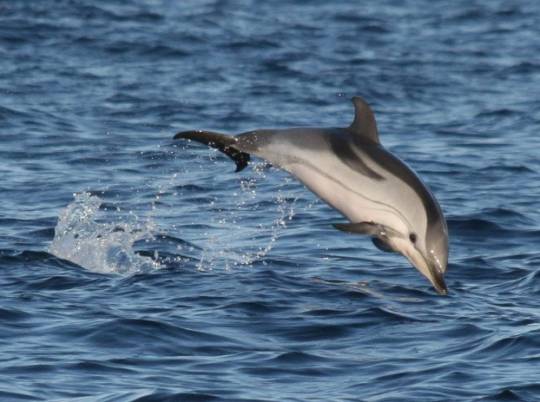
Striped dolphins sure have stripes!! How cool!!
And these I've shown you aren't even all of them at all, there are so many of them:
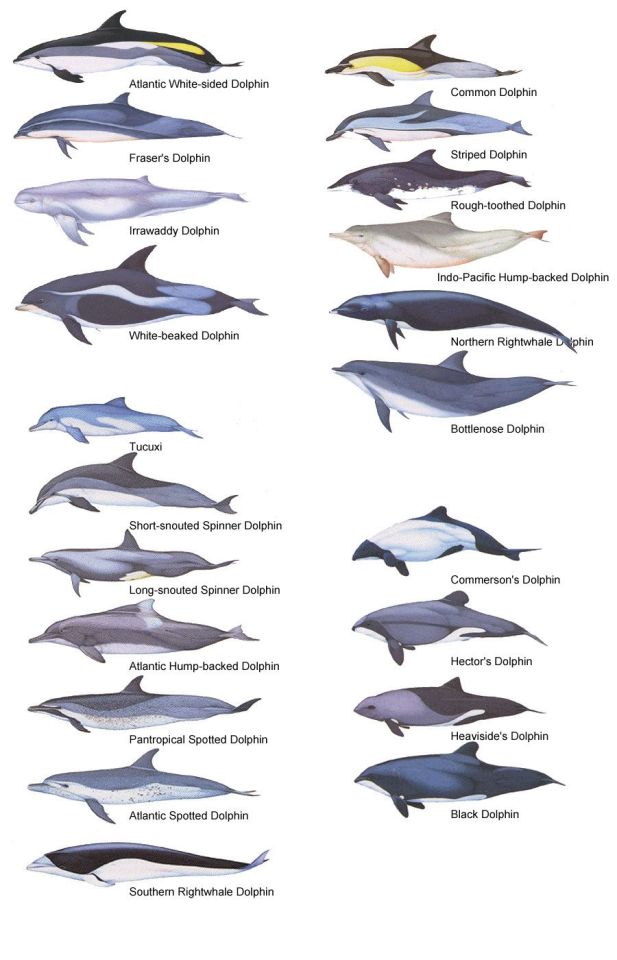
There's so so so many different types of dolphins people dont know about this isnt even all of them and some are SO gorgeous and underrated because people just dont know they exist so I'm here to fix that
#photos#photography#bottlenose dolphin#common bottlenose dolphin#all the love to the other species too of course#their markings hide countless miniature wonders to behold as well#but my time in Curacao has opened my eyes extra wide to all those minute details painting the skin of our most commonly known dolphin#and they are so diverse and subtle and beautiful#namtalk
20K notes
·
View notes
Text

Common bottlenose dolphin Tursiops truncatus
Observed by setibarbara, CC BY-NC
#Tursiops truncatus#common bottlenose dolphin#Cetacea#Delphinidae#cetacean#dolphin#North America#United States#Alabama#Atlantic Ocean#Gulf of Mexico#Wolf Bay#juvenile
50 notes
·
View notes
Text
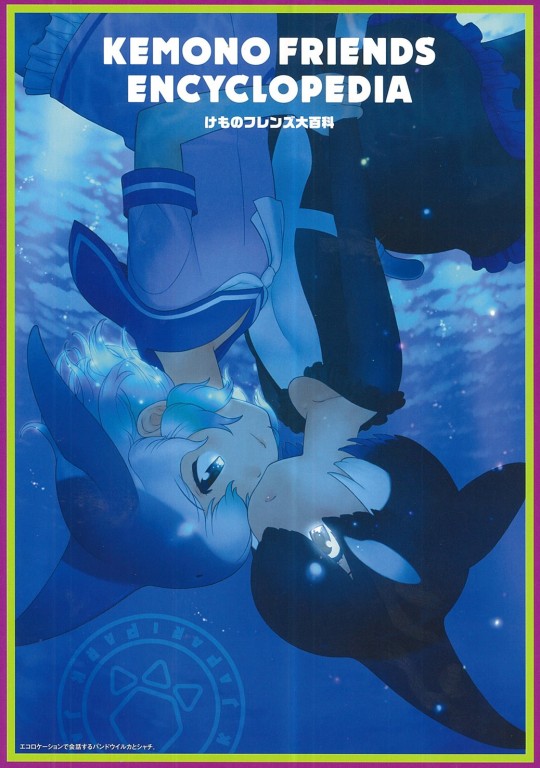
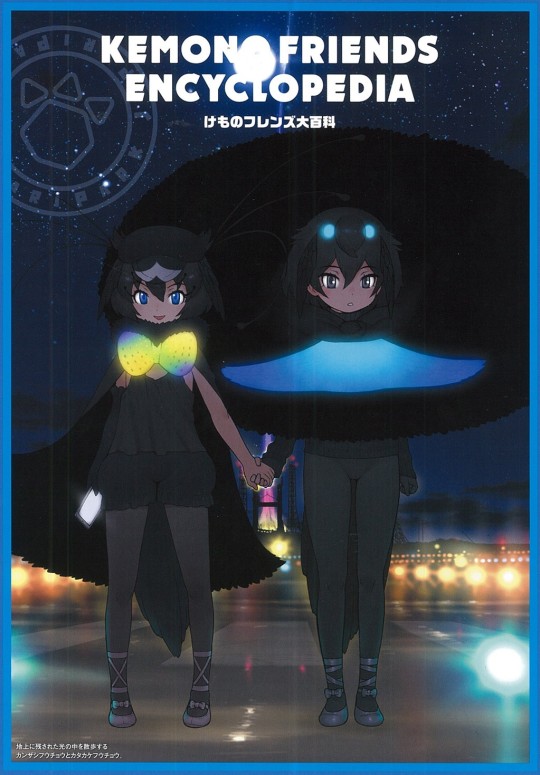
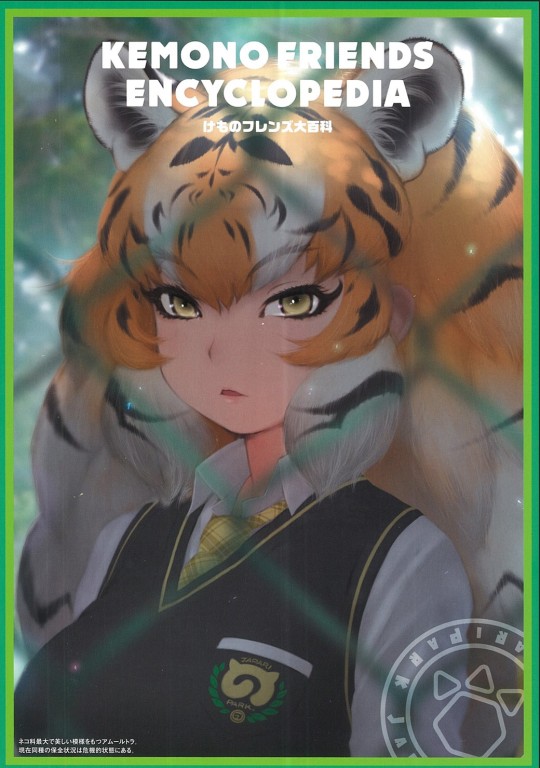
#mine yoshizaki#kemono friends#common bottlenose dolphin#orca#western parotia#greater lophorina#siberian tiger#けものフレンズ#illustration#art
120 notes
·
View notes
Note
Has there been a case of a hybrid between a bottlenose and an Atlantic spotted dolphin?
Perhaps! No one knows for sure. There has been no definitive proof from DNA samples of wild animals, nor has it ever been confirmed in captive animals. However, there is much reason to believe it is plausible, and one possible hybrid has been observed.
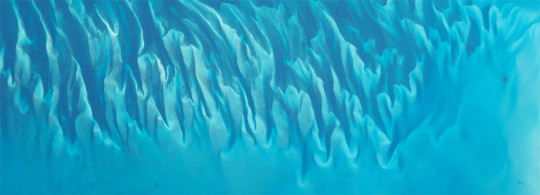
Let me take you to The Bahamas. Specifically, Great Bahama Bank and Little Bahama Bank. They're sprawling sandbanks surrounding the islands, and many Atlantic spotted dolphins as well as coastal Common bottlenose dolphins make their home there. The spotted dolphins have been studied for more than 30 years by Denise Herzing and her associates. While by far the most encounters are with single-species groups, there have been dozens of mixed species encounters as well.
Many of these are aggressively sexual in nature, with males of both species sparring and trying to enter each other. Male bottlenose dolphins often seem to dominate the smaller spotted dolphins during these encounters, though the spotted dolphins have been seen retaliating, and it is speculated they don't actually experience the harassment as very negative. Since much of the action is male-on-male or involves juvenile animals not yet sexually mature, it seems in many cases the nature of these encounters is more social than sexual. However, multiple cases of interspecific male-on-female copulation have been observed.
With so much going on, the potential for hybridism is great. And since the two species are morphologically quite similar (especially when young), a hybrid could easily fly under the radar.
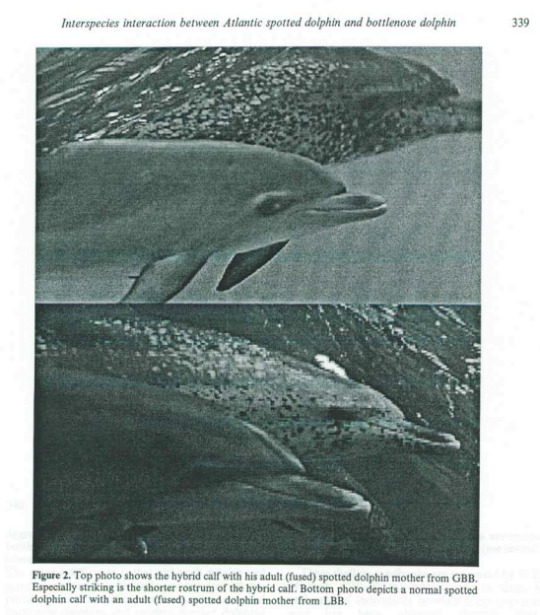
In February of 2003, Herzing and her team observed a female spotted dolphin with an unusual looking calf. The calf had a shorter rostrum than is normal for spotted dolphins in the area, but it was longer and more elegant than that of a Bahamian bottlenose. Herzing assumed it could be a hybrid calf. However, since no DNA testing was done and the calf was only observed for two days, this can't be confirmed. In 1989 and 1996 there have also been observations of female spotted dolphins mothering over bottlenose dolphin calves. In one case the calf was emaciated, and the spotted dolphin swimming with it wasn't lactating, so most likely the calf died. In another case it was only a temporary association and the bottlenose calf returned to their real mother after a while.
So a lot of interesting things going on. The studies are still ongoing. To my knowledge no large scale DNA testing has been done, nor any new "suspect" animals observed. Perhaps in the future a hybrid will be confirmed! Or perhaps it turns out this is one of those mixes that just doesn't work.
I highly recommend you read the study the photo comes from: "Interspecies interactions between Atlantic spotted dolphins, Stenella frontalis and bottlenose dolphins, Tursiops truncatus, on Great Bahama Bank, Bahamas". And many of the other studies done by Denise Herzing's team can be read for free here: https://www.wilddolphinproject.org/media/scientific-publications/
#namtalk#hybridism#hybrid#dolphin hybrid#Common bottlenose dolphin#Tursiops truncatus#Atlantic spotted dolphin#Stenella frontalis#dolphin#The Bahamas#Great Bahama Bank#Little Bahama Bank#Denise Herzing#Wild Dolphin Project
130 notes
·
View notes
Text
This is really interesting! And a good lesson in just how subtle signs of aggression/displeasure can be in species we're not familiar with (or familiar seeing as eternally happy, friendly creatures).
Dolphins are strong, wild animals, which are potentially dangerous. For me it really hit home when I got to do a free swim with some dolphins and the experienced trainer with me advised me to swim with my arms in a hoop around my head because "I'd rather have them break your arm than your neck." Not that they were mean or dangerous dolphins! But they are 200+ kg animals of mostly muscle, and what seems a small "kick" with their flukes to them could be disaster for us.
My personal aggression (precursor) experience was swimming with a mom dolphin, Tela. Her daughter was getting trained for open ocean work and she was not happy (her previous calf had had a small accident during his open ocean training and she hadn't forgotten). I got to swim with her like a guest would, just to take her mind off things. She wasn't too pleased. I mean, she was fine with me hanging by her dorsal fin, petting her, but she had one eye directly on me, and the other directly on her daughter. Sometimes she'd open her mouth ever so slightly. She didn't do anything, but it was clear this interaction was on her terms only.
There were also two males that were quite aggressive. Not out of bad character or anything, they just thought there was no better fun in the world than beating each other up. Structured work with them was awesome and they'd rock the stars for you. But as soon as you tried to have some free, fun time with them, it would very quickly devolve into "Hey can we have a fight just for fun???". They were from Cuba and word was that all dolphins from there have a spice that others don't.
Anyway, long ramble, but I find it interesting to see this other side to them. Not to paint them as the new evil creature to hate, but to see them as the full, rounded animal they always have been, and deserve to be seen as.
Let's learn cetacean aggression precursors!
Here's a fun experience I managed to captured when I was doing a sea pen check on scuba while the dominant male and female (J and Layla) pair were getting agitated. Lots of signature whistling, rapid and sharp turning and circling, syncing movements, very minor pec flaring.
Here that honking noise? That's a dolphin cuss word. They started circling very close to me after this so I slowly ascended and left their lagoon. It was hard to determine if it was towards each other or towards me but I didn't want to hang around to find out. I was very new at this point and was still building my relationship
This was a facility that had very lax protocols around scuba (no buddy, crappy gear, dive with the dolphins it's totally fine!!!) - it was very dangerous!
#namtalk#cetacean behaviour#cetacean aggression#aggression#dolphin#bottlenose dolphin#common bottlenose dolphin
215 notes
·
View notes
Photo
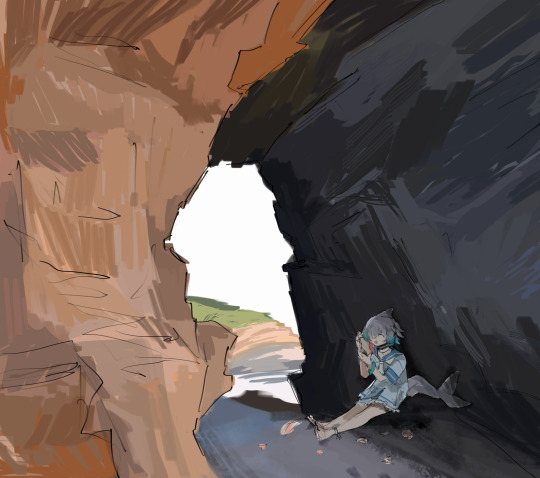
#drawing#Kemono friends#Common bottlenose dolphin#was too distracted by vsaikyo to post#so rare Monday post
56 notes
·
View notes
Text











A look back on my 2024: Part 2 of 3-Mammals, dragonflies and damselflies, beetles and others
Another very strong mammalian year in which I saw my highest ever amount of species in a year centred on adorable Red Squirrels as I was lucky to observe them in Scotland and on Brownsea Island. Scotland was an incredible time with so many mammals observed; Stoat and Brown Hare adding to the magic of the wild cottage with lots of wildlife around to see that we stayed in and simply breathtaking wild experiences watching Bottlenose Dolphins on the Moray coast and a Mountain Hare in the Highlands. Roe Deer at the cottage and Red Deer during the week were other highlights with both species key to my year overall with amazing local Roe Deer views and the Bushy Park Red Deer and Fallow Deer experience which was great again in September. I had an amazing year for Stoats seeing two at Rutland Water in July as well and as my fortunes of seeing these species has taken an upturn the past year and a half we got fantastic Weasel views at Bempton Cliffs. We saw Field Voles really well there and got exceptional immersive views of Grey Seals at Flamborough Head. It was a splendid seal year with superb views of Common Seals on the Beaulieu River and in Newtown Harbour on the Isle of Wight on a boat trip in a strong run of mammals standing out in September. A Water Shrew was a surprise first for me as I waded through a flooded path at RSPB Radipole Lake in January and I was overjoyed to see a Water Vole at Rutland Water. Closer to home Fallow Deer and Sika Deer have been great to see in Hampshire and Dorset, with impressive home views of Hedgehogs and I had a magical year of observing beautiful Foxes with top sightings at Southsea and Hook-with-Warsash.
Perhaps unexpectedly again with similar to butterflies as mentioned in my last post a few species I really needed to work for this year I saw my highest ever amount of dragonflies and damselflies this year. It was a green dream for odonata in 2024 with a big moment seeing my first ever Downy Emerald dragonfly at Bentley Wood in May and both Emerald Damselfly and Willow Emerald Damselfly seen at Thurley and Fishlake Meadows respectively. Common, Ruddy and Black Darter gave me thrilling moments this year as did Black-tailed Skimmer with an especially good view of a female at Testwood Lakes and Keeled Skimmer. I was captivated by watching Golden-ringed Dragonflies at Winnall Moors, Testwood Lakes and Fen Bog Nature Reserve. Hawkers owned the summer with a strong couple of months or so seeing Migrant Hawkers and Southern Hawker and Brown Hawker enjoyed too. Azure, Blue-tailed and Large Red Damselflies were also very pleasant to see.
Beetles I suppose took another step up in importance for me this year as I kept a year list of ones I could identify for the first time ever recording twenty species. Green Immigrant Leaf Weevil, Violet Oil Beetle, Bloody-nosed Beetle, Tawny Longhorn beetle and Devil’s Coach Horse Beetle were some of my favourite finds. Once again cantharis rustic soldier beetle, Common Red Soldier beetle, Red-headed Cardinal beetle, Black-and-yellow Longhorn beetle, Swollen-thighed beetle and treasured views of epic Green Tiger Beetles at Bentley Wood in my home area, Strathdearn in Scotland and Fen Bog Nature Reserve in Yorkshire brough vibrant colour to my spring and summer. Dor beetles, ladybirds, Garden Chafer Beetle and Common Malachite Beetle were more delights seen this year.
Some other key species of my year included fascinating Hornet Mimic Hoverfly and Lesser Hornet Hoverfly in the summer, Marmalade Hoverfly, a notable amount of Common Lizards in the summer, frogs and frogspawn, the indomitable Long-winged Conehead one of my key crickets/grasshoppers of the year at Lakeside and Milford on Sea, Mottled shieldbugs, Dock bug, Forest bug, Grey Silverfish and spiders including Long-bodied Cellar spiders at home, lots of snails enjoyed at home and a fascinating Ambersnail seen at Winnall Moors in the summer.
The photos in this set are of; Keeled Skimmer dragonfly at Brownsea Island in September, Common Darter dragonfly at Lakeside in August, Willow Emerald Damselfly at Fishlake Meadows in October, Red Squirrel on Brownsea Island in September, Stoat at Rutland Water in July, Garden Chafer beetle at Magdalen Hill Down in May, Tawny Longhorn beetle on scabious at Shipton Bellinger in August, Hornet Mimic hoverfly at Stockbridge Down and Ambersnail at Winnall Moors in August, Fallow Deer in the New Forest on Good Friday and Long-winged Conehead at Lakeside in August.
#dragonflies#damselflies#beetles#mammals#red squirrel#common seal#grey seal#migrant hawker#downy emerald#bottlenose dolphin#dock bug#outdoors#macro#willow emerald damselfly#nature#walking#england#scotland#uk#world#moray#highlands#brown hare#mountain hare#stoat#europe#britain#wildlife#photography#wildlife photography
8 notes
·
View notes
Text

More dolphin James let’s go.
#dead by daylight#dbd#silent hill#silent hill 2#silent hill 2 remake#sh2#sh2 remake#sh2r#james sunderland#hes a common bottlenose dolphin#Looking for his wife#She drowned but nobody tell him that
6 notes
·
View notes
Text
Rabid Seals
We didn’t know this could happen, we are worried about other marine animals. And not to be a sensationalist but someone call up Stephen King and ask him how he feels about the possibility of a rabid orca.
#rabies#rabid animals#marine mammals#pinnipeds#cape fur seals#seal colony#elephant seals#mustelidae#cape clawed otter#delphinidae#dolphins#porpoises#common dolphin#bottlenose dolphin#orca#south africa#southern africa#i was only half kidding about the orcas#we get transient orcas#they come to hunt the great white sharks#they are mammals#mammals can contract rabies#but we don’t know whether that extends to delphinidae#we didn’t even know pinnipeds could pick it up!#there was only one isolated incident in the world before this
1 note
·
View note